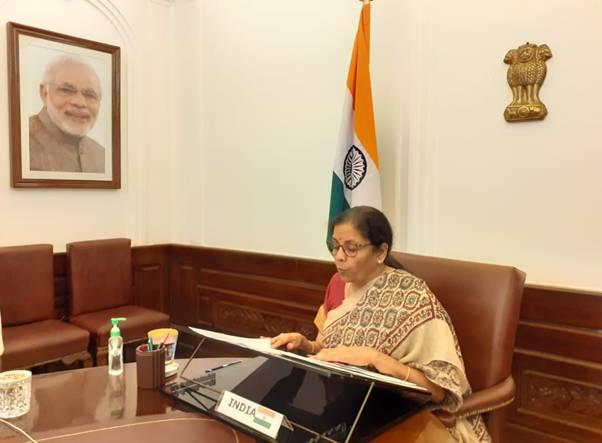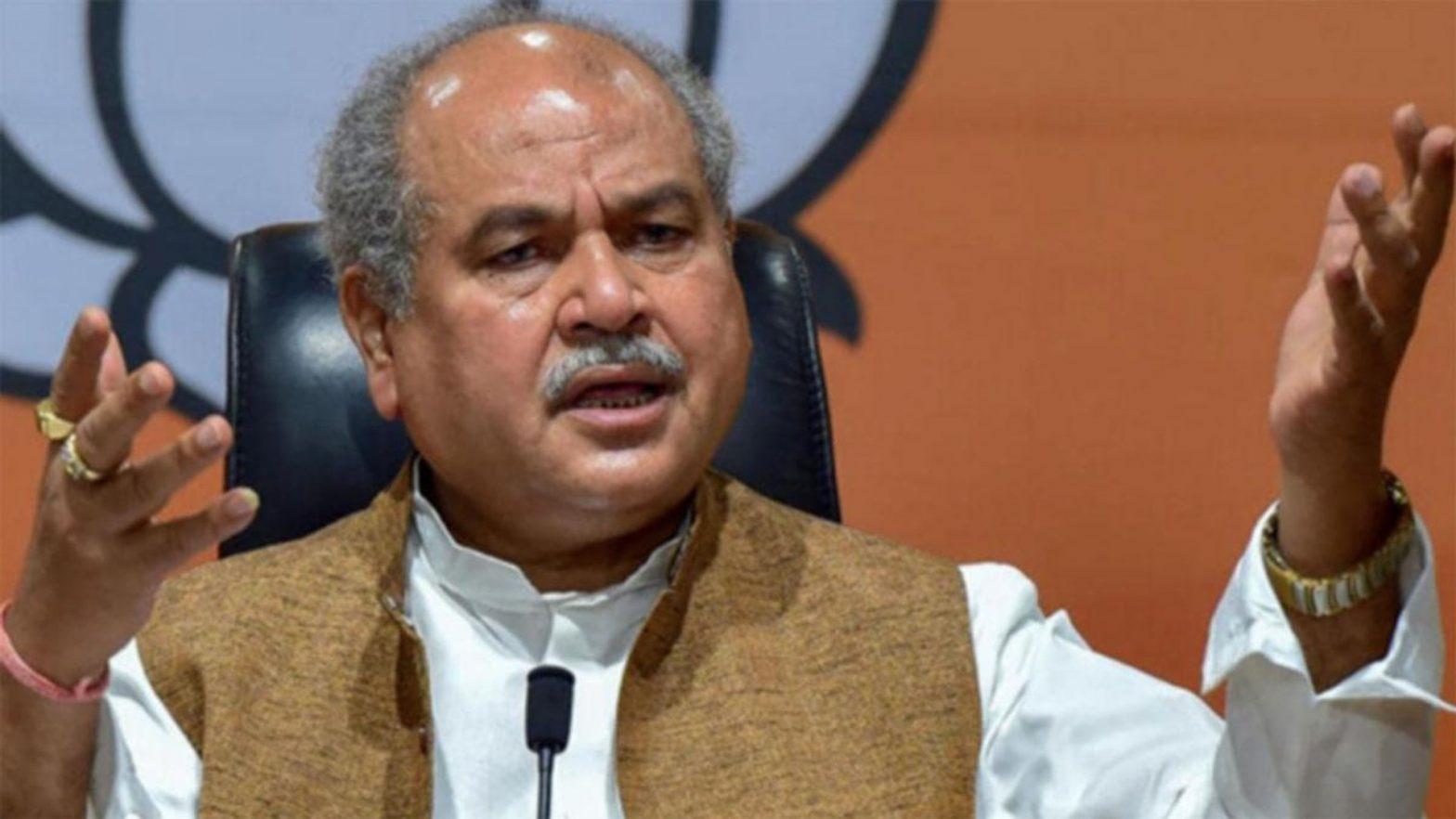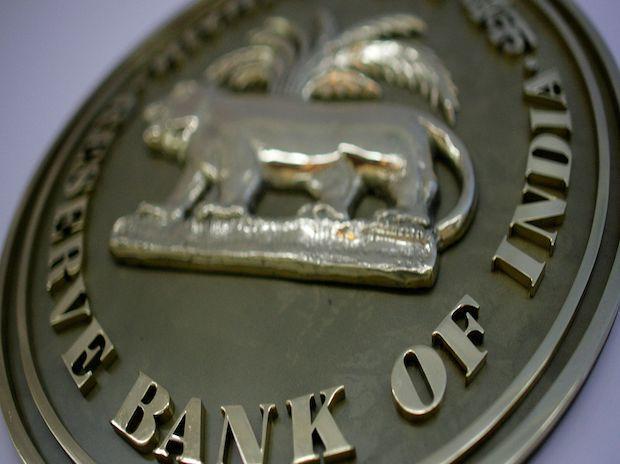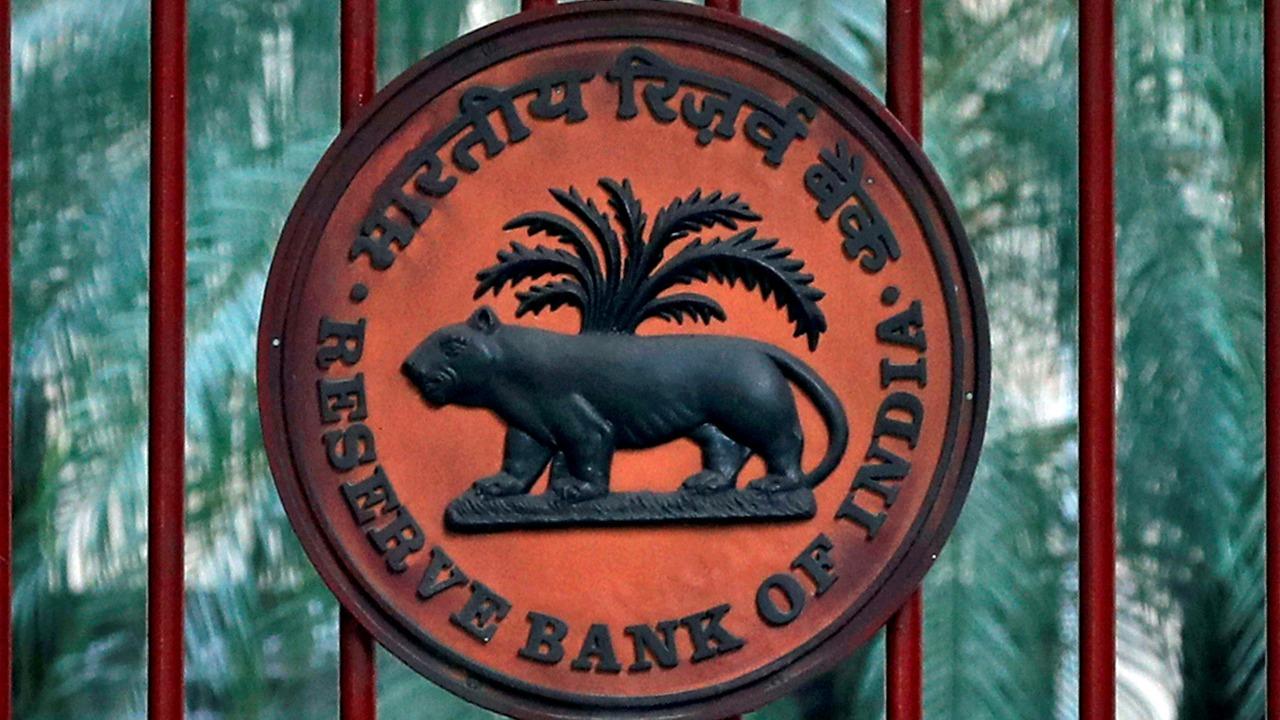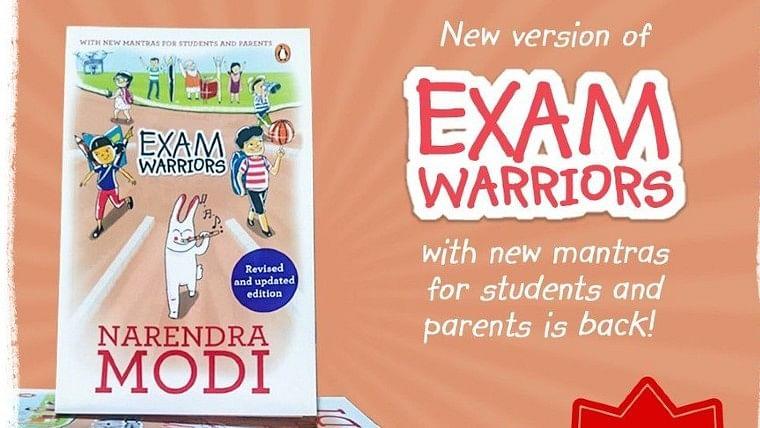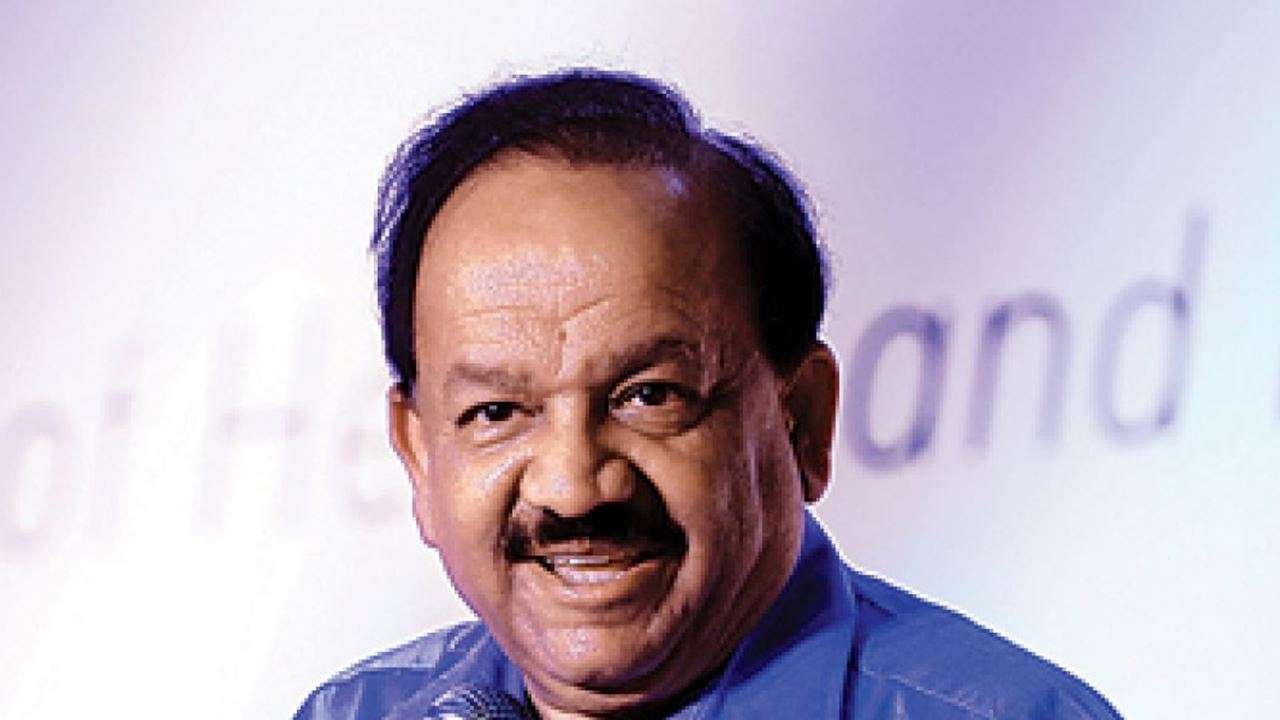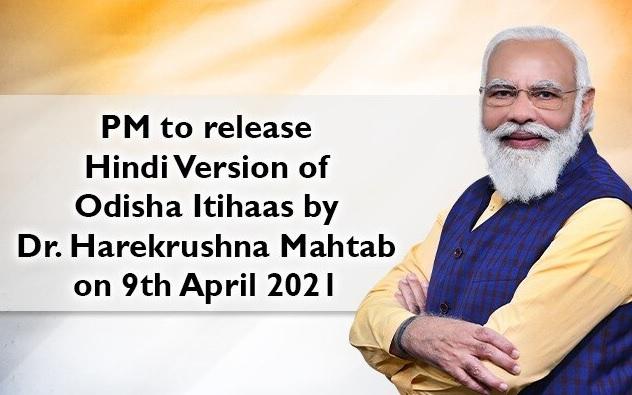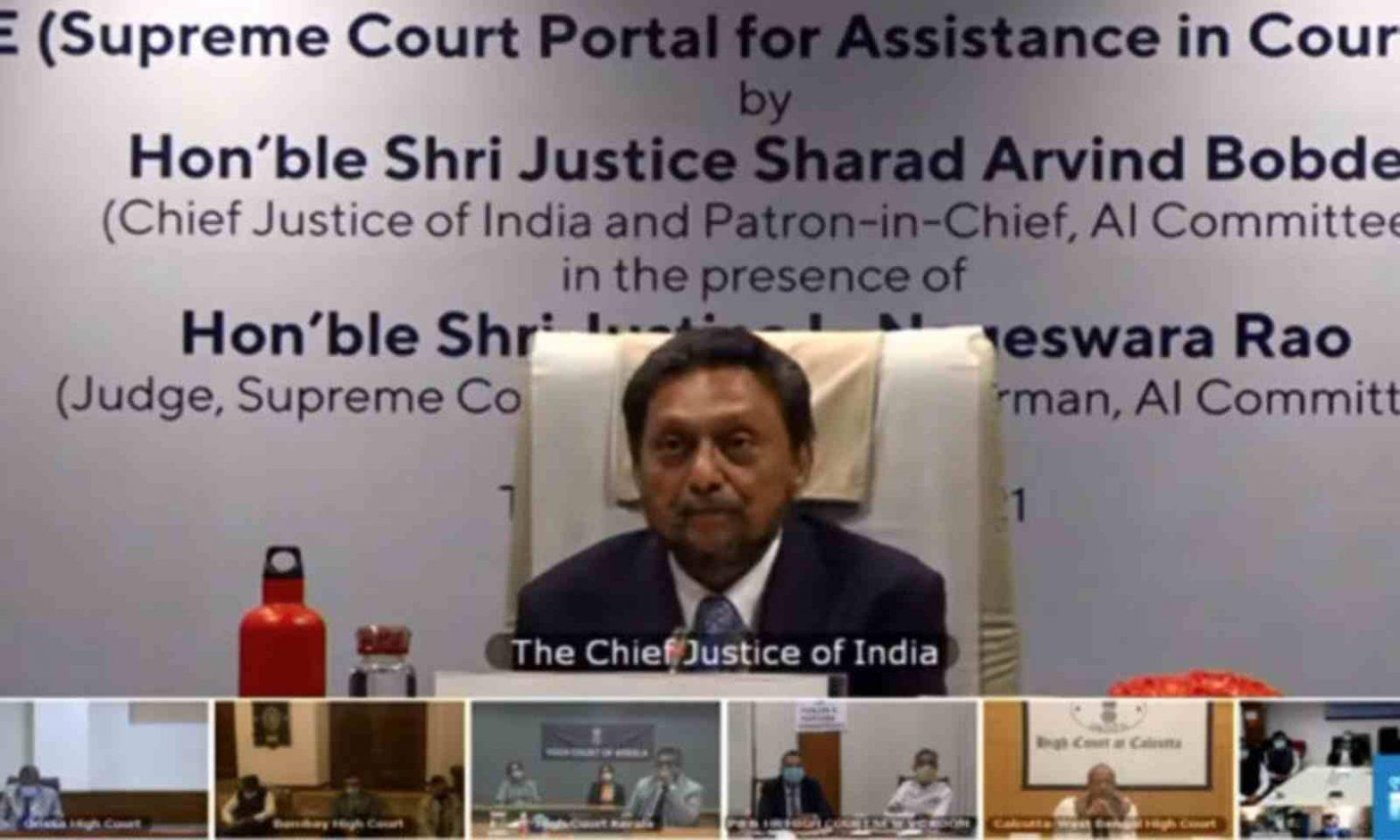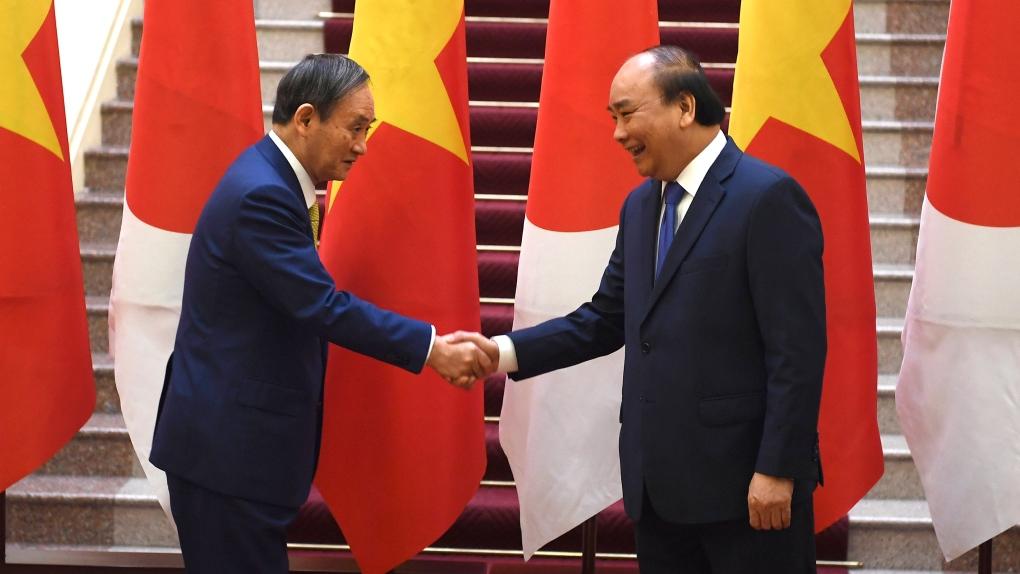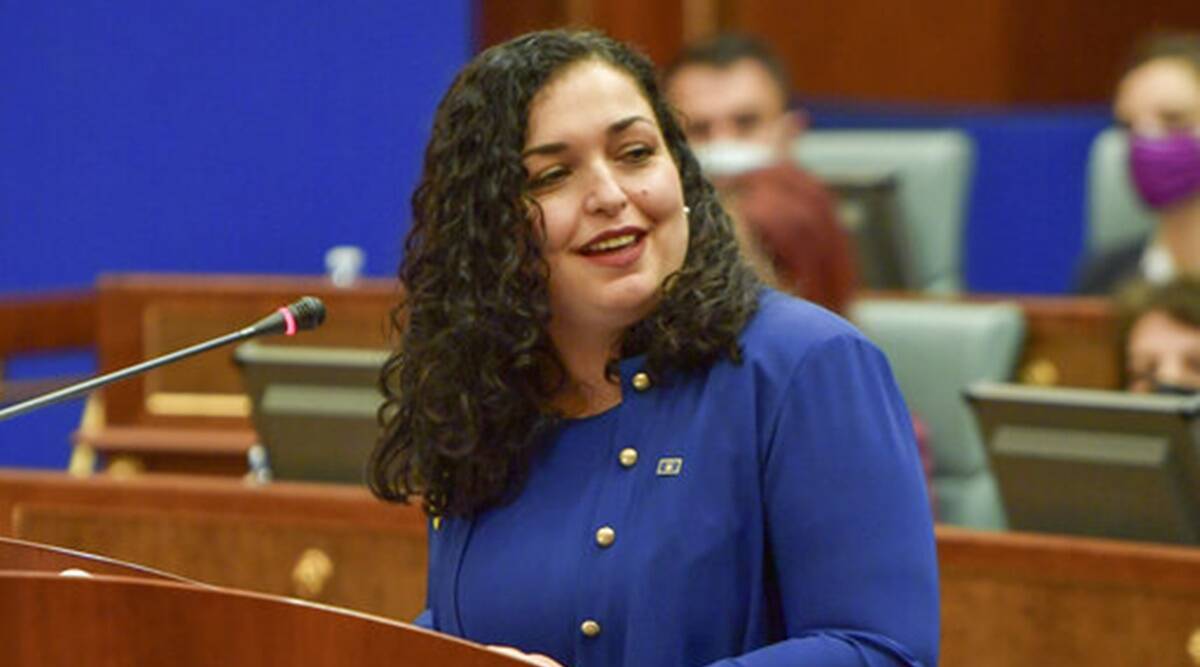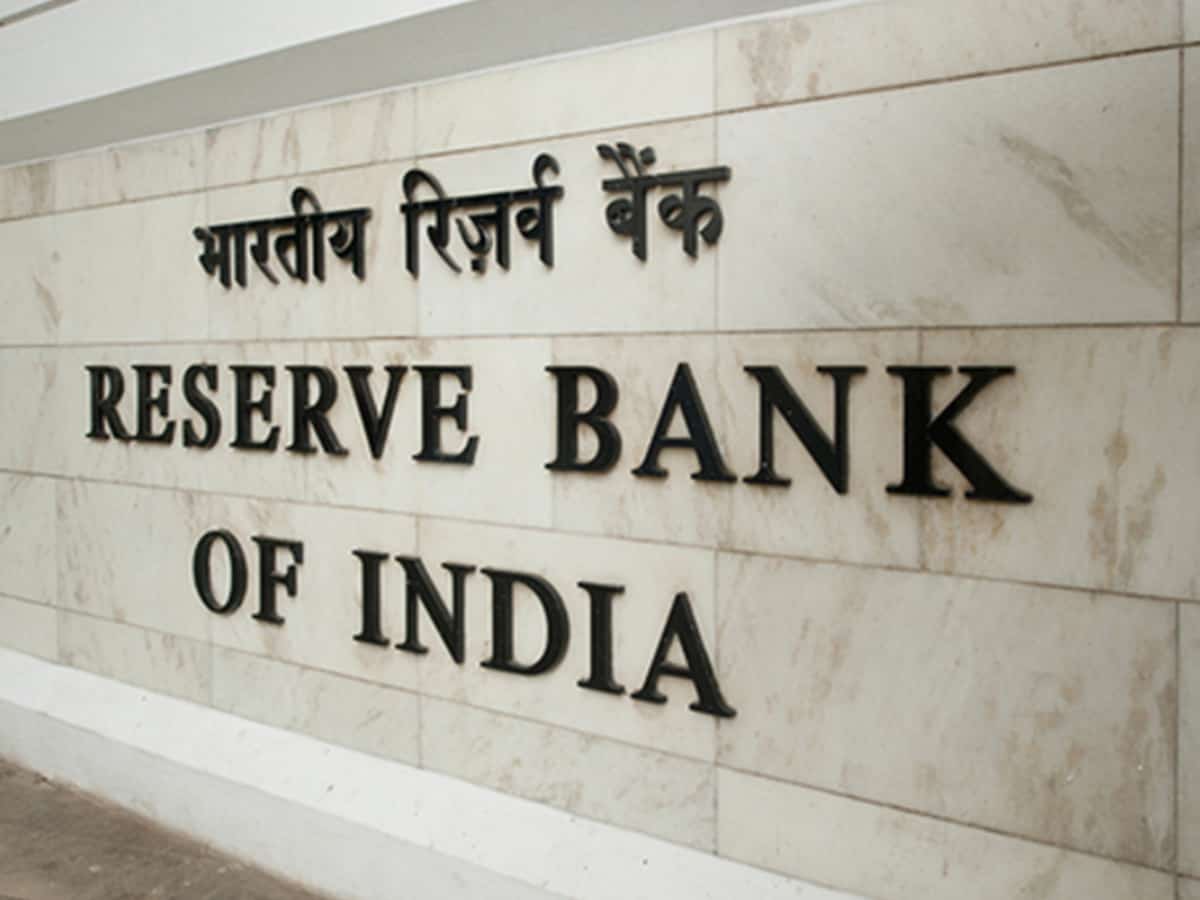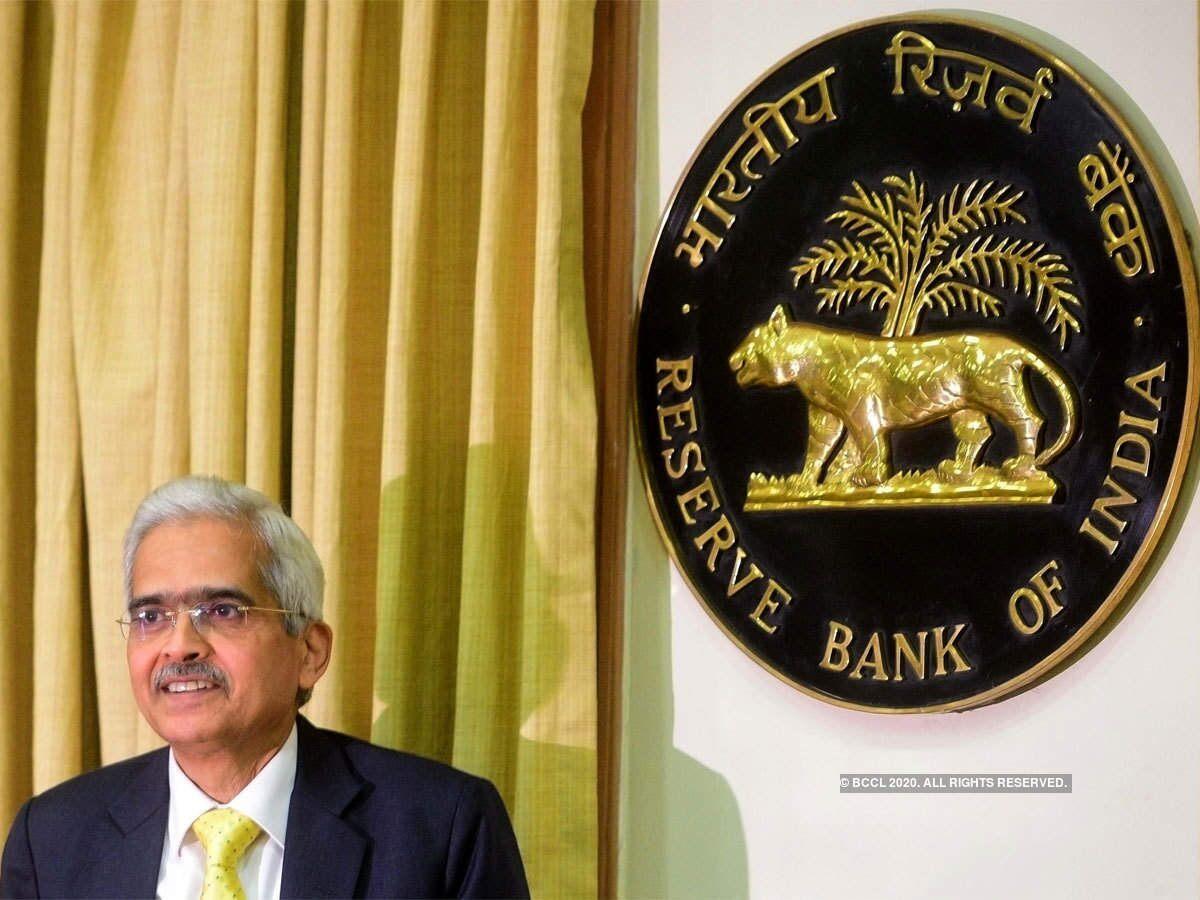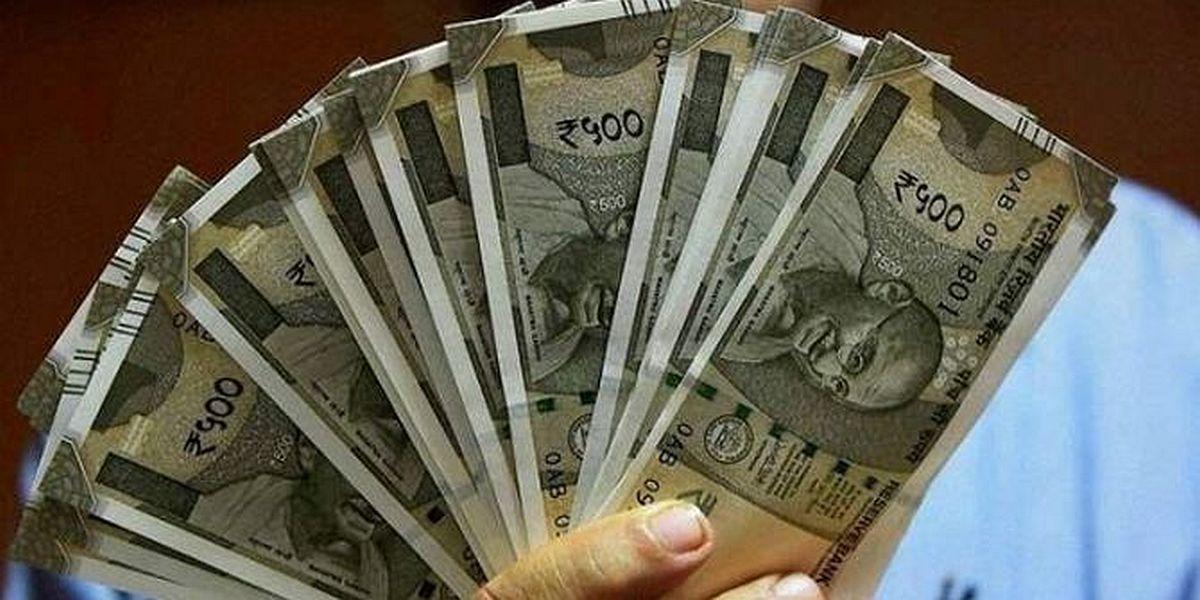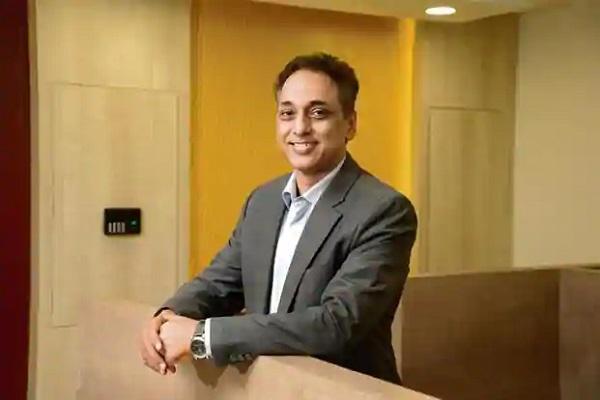What is the issue?
- Pakistan’s double U-turn on resuming trade with India highlights the internal differences within Ministries, between business and political communities.
- All these hint at the reality that the shadow of politics looms over trade and economy.
What is the recent trade decision that was reversed?
- Pakistan’s Economic Coordination Committee (ECC) recently decided to import cotton, yarn, and 500,000 metric tons of sugar from India.
- Pakistan’s new Finance Minister Hammad Azhar announced this decision.
- The media dubbed it as a political breakthrough.
- But the ECC’s decision was based on Pakistan’s immediate economic needs and not on bilateral trade.
- It was only about importing three items - cotton, yarn and sugar.
- It was not designed as a political confidence-building measure to normalise relations with India.
- Despite this, a day later, Pakistan’s cabinet overruled the decision.
- It was also made clear that as long as India did not review the unilateral steps it took on August 5, 2019, normalising relations with India would not be possible.
- The Finance Minister accepted the cabinet’s decision as the working of “economic and political interface in a democracy.”
- It was left with the Prime Minister and the cabinet to “endorse, reject or modify” the ECC’s proposals.
Why was the ECC’s decision inevitable?



